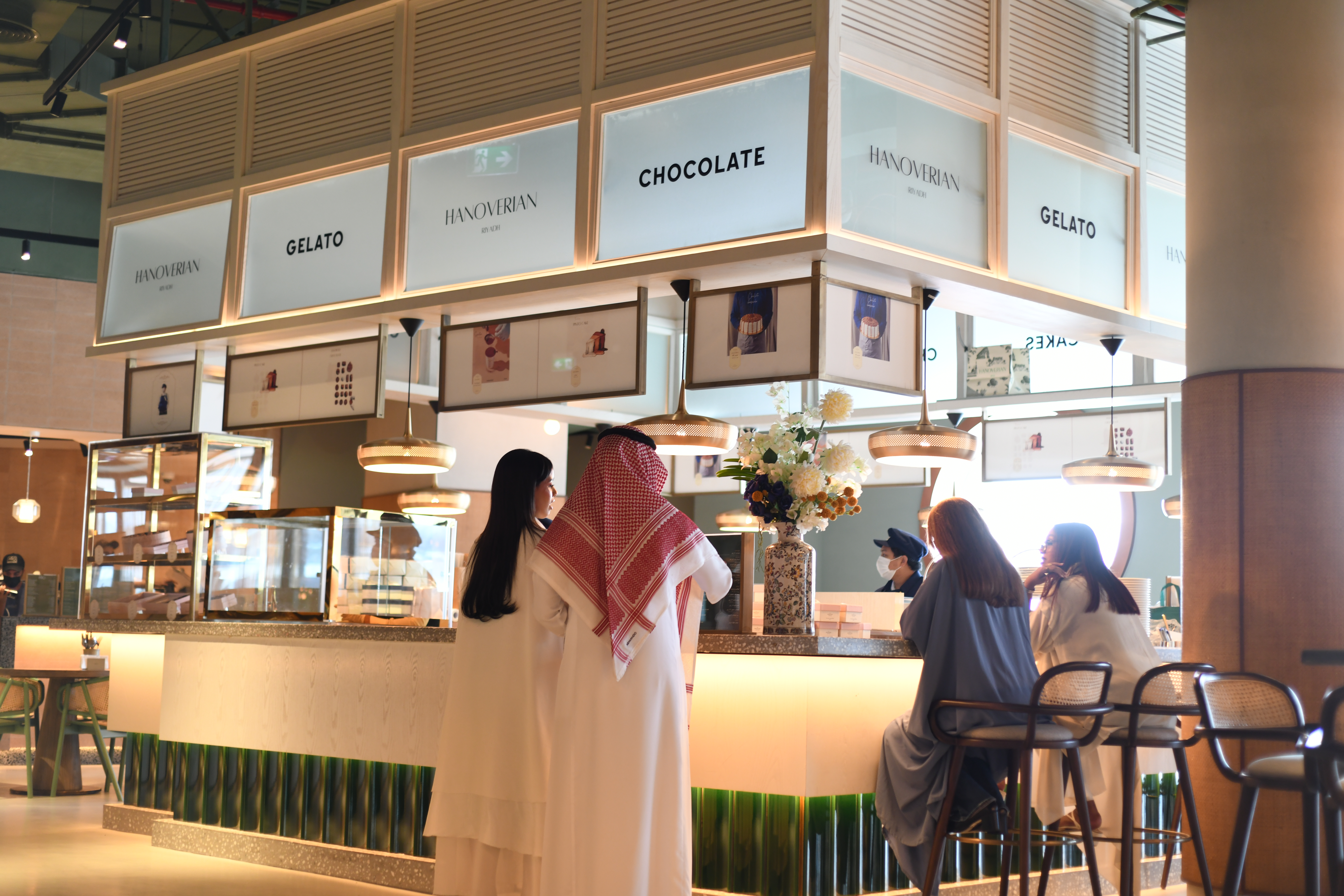As diners seek authenticity in a globalised food landscape, street food continues to thrive. Whether it’s the smoky tacos al pastor of Mexico or the crispy falafel of the Middle East, these humble meals not only preserve culinary heritage but also bridge divides between old and new, between cultures, and between people.
STREET FOOD TRENDS KEY DRIVERS
![]()
The integration of street food elements into F&B brands, concepts, and venue design reflects several converging trends, including the growing demand for authentic, local dining experiences and a shift towards more casual, interactive food environments.
-
Consumers are increasingly seeking authentic, nostalgia-driven dining experiences, making street food an appealing option for reconnecting with cultural roots.
-
Street food helps preserve and celebrate cultural culinary traditions, offering local flavours that maintain the integrity of traditional recipes.
-
The casual, social nature of street food aligns with the growing demand for informal dining experiences that encourage social interaction.
-
Street food offers room for innovation, with vendors blending traditional flavours with creative twists to attract diverse audiences.
-
Affordable and accessible, street food provides high-quality, value-for-money options that appeal to a wide range of consumers.
"Consumers are increasingly seeking genuine and traditional flavours,"
According to Euromonitor's "Top 10 Global Consumer Trends 2023" report, reflecting a strong desire to reconnect with cultural roots.
FOOD HALLS – STREET FOOD’S CONTEMPORARY HOME

While street food traditionally thrives in open-air markets and roadside stalls, food halls have become a new stage for its expression.
These curated spaces blend the authenticity of street food with the sophistication of modern dining. They are melting pots of culture and creativity, where diners can savour diverse flavours in a single visit.
Whether it's the revival of traditional tandoor cooking in India, boosting the popularity of kebab vendors, or the re-emergence of fermentation processes in South Korea, revitalizing kimchi stalls, similar trends worldwide reflect a growing desire to preserve age-old recipes with cultural significance.
We can see great examples of this across the world, from Singapore Hawker Centres designed to consolidate local street vendors into sheltered F&B spaces to the European markets and hybrid food halls that often place an emphasis on local creators, ingredients and recipes.
More recently, venues like our Al Mamlaka Social Dining in Riyadh incorporate certain street food elements in a modern and upmarket environment. This includes the incubation of Saudi talent—nurturing new to market brands and individuals are giving them a presence within high traffic and engaged spaces where people are ready to explore and discover.
FOOD TRUCKS: THE SPIRIT OF STREET FOOD ON WHEELS

In many ways food trucks are the modern-day ambassadors of street food, bringing its flavours to new and sometimes unexpected places.
Whether parked in urban centres or popping up at festivals, these mobile kitchens carry the essence of street food wherever they go.
At COP28, the PXB Vegan Food Truck Park showcased how street can adapt to contemporary values while retaining its core appeal and identity. By presenting an array of plant-based dishes, the park showcased how street food evolves to reflect modern priorities such as sustainability and inclusivity.
Food trucks also capture the visual and sensory appeal of street food in a new way. Their vibrant designs and interactive setups making them as much about the overall experience as the food.
Read Our Brief History of Food Trucks
STREET FOOD TAKES CENTRE STAGE AT GLOBAL EVENTS

In recent years, street food has become a cornerstone of major international festivals and events, celebrated not just for its effectiveness in feeding large numbers of attendees with great food, but also for its ability to unite people across cultures and showcase an event’s key values.
Festivals and World Expos around the world have embraced street food to showcase diverse cuisines, creating spaces where traditional recipes meet modern audiences.
At Expo 2020 Dubai, we saw the universal appreciation of street food across many of our concepts, festivals and activations as we delivered F&B for one of the world’s biggest and most ambitious international events.
While the Street Food Night Market recreated the vibrant atmosphere of traditional marketplaces, bringing together dishes from across continents prepared with authenticity and care, Alkebulan Food Hall, the first-ever African dining hall, celebrated the depth and diversity of African cuisines through curated culinary concepts.
STREET FOOD CONCEPT DEVELOPMENT
.jpg?width=7008&height=4672&name=DSC08613%20(1).jpg)
Street food elements, including food, branding, and design, are increasingly becoming core aspects of many restaurant concepts. These elements capture the authenticity and energy of street food culture while appealing to a broader audience. For example, the Indian street food concept "Gup & Shup" combines traditional flavours with modern design and a casual dining atmosphere, offering a dynamic, immersive experience that reflects the cultural essence of street dining.
This trend of incorporating street food into restaurant concepts allows brands to tap into the demand for authentic, nostalgic, and innovative food experiences. By blending traditional culinary practices with contemporary dining, venues are creating memorable experiences that resonate with consumers seeking both cultural authenticity and modern flair.
FUTURE STREET FOOD TRENDS

We’re seeing street food experience a resurgence as consumers increasingly seek authentic, nostalgia-driven dining experiences that allow them to reconnect with their cultural roots.
By preserving and celebrating local culinary traditions, street food can maintain the integrity of traditional recipes while also offering room for innovation through creative twists.
Its casual, social nature aligns perfectly with the growing demand for informal dining experiences, encouraging interaction and community. Affordable and accessible, street food provides high-quality, value-for-money options that cater to a broad range of consumers, making it a key player in the evolving food and hospitality landscape.
-1.png?width=3330&height=698&name=TGP%20International%20Logo%20White%20(1)-1.png)
-1.jpg?width=2000&name=DSC03143%20(1)-1.jpg)


